Empowering students to confidently recognize, react to, and effectively respond to
child maltreatment.
Universities often fail to adequately prepare students for the complex realities of child protection. Child Advocacy Studies (CAST) exists as a dynamic academic program that spans various disciplines, empowering students to confidently recognize, react to, and respond effectively to child maltreatment. Since its establishment in 2004, CAST has been successfully implemented in over 100 academic institutions across 30 states.

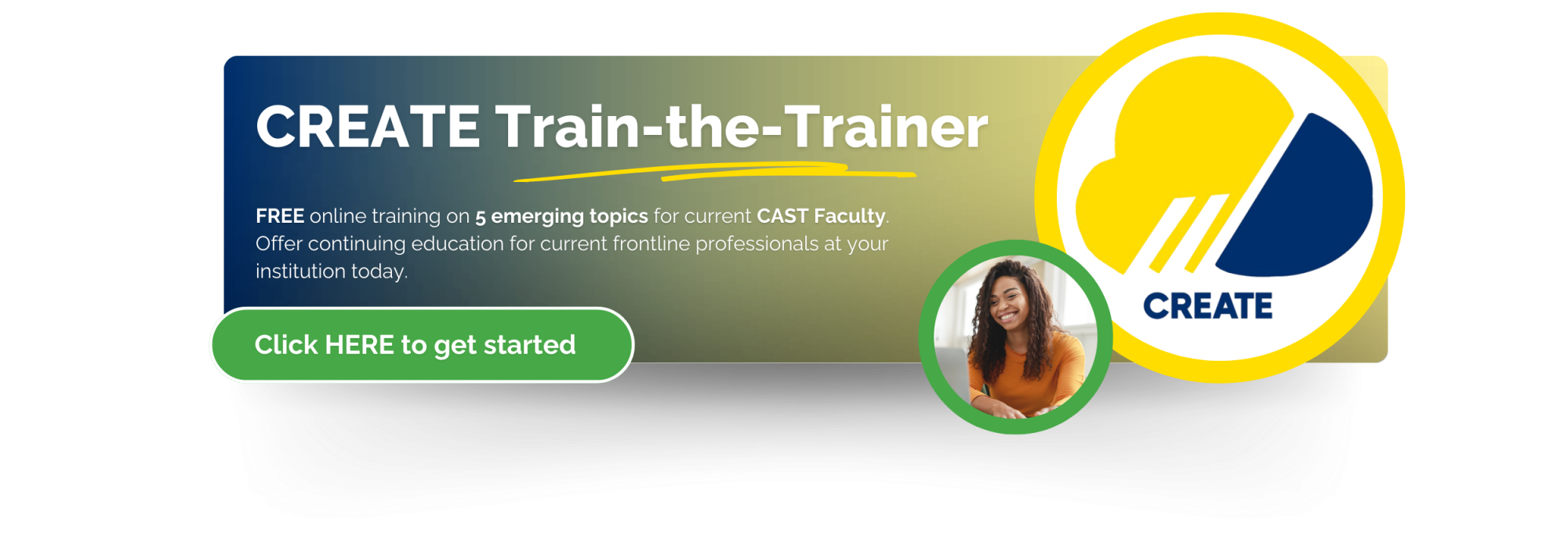

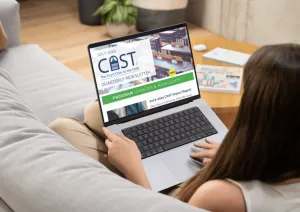


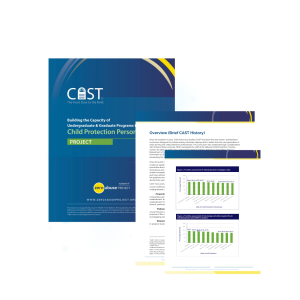

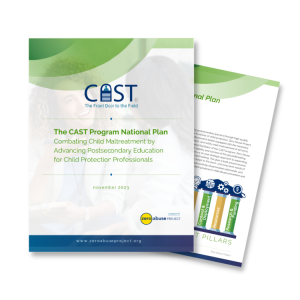

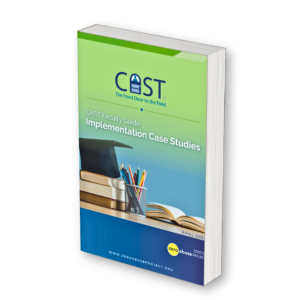

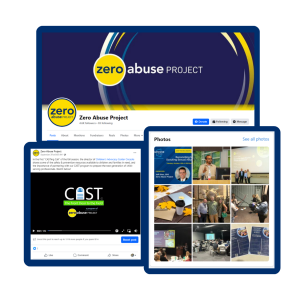

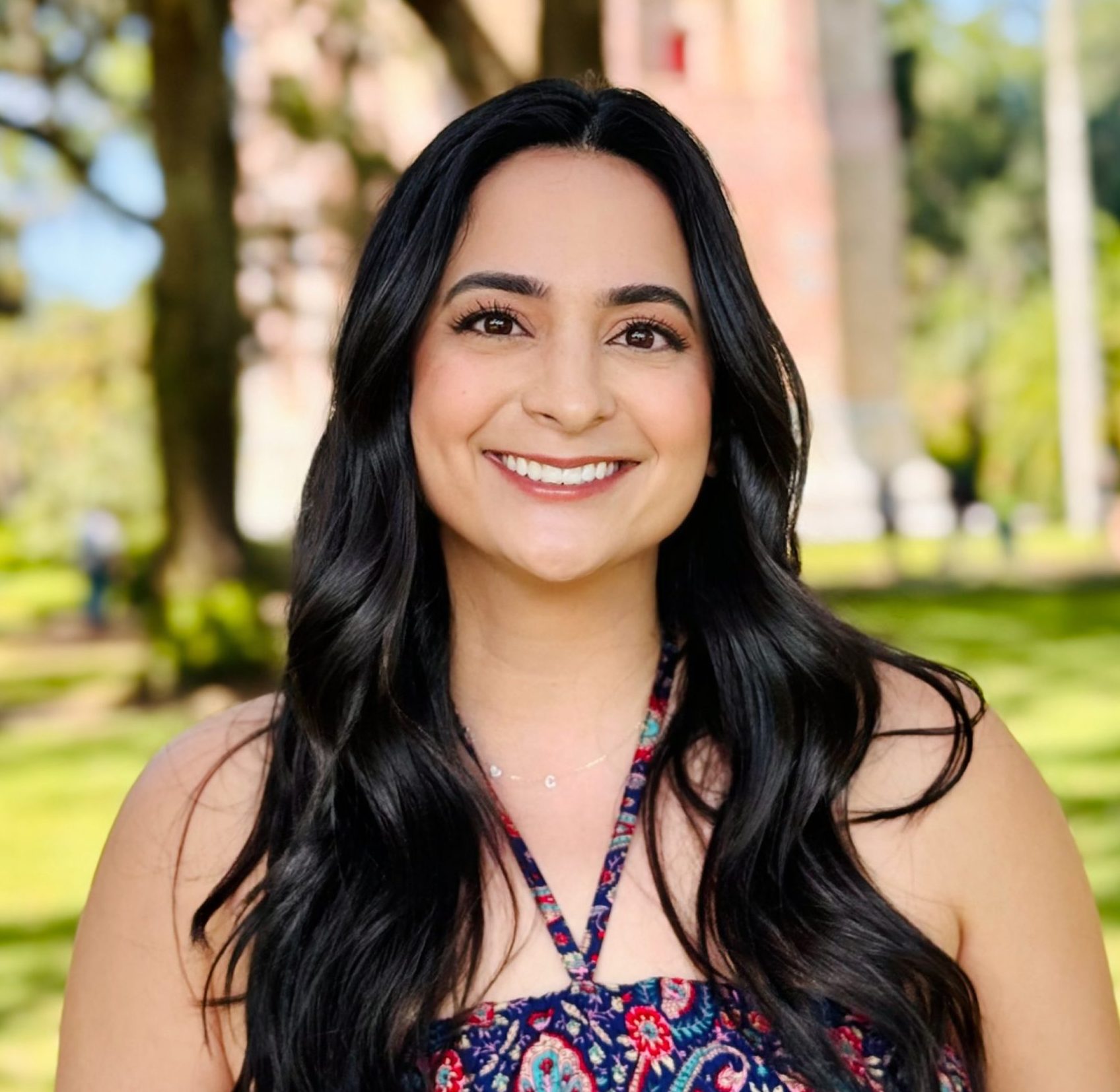






![2[2] 2[2]](https://zeroabuseproject.org/wp-content/uploads/elementor/thumbs/22-1-e1695957483247-qq9ydoo4n2w8s0xe13dhvvq9pbj8soav0kqnq7mue0.png)
![2[2] 2[2]](png/22-1-e1695957483247-qq9ydoo4n2w8s0xe13dhvvq9pbj8soav0kqnq7mue0.png)
![3[1] 3[1]](https://zeroabuseproject.org/wp-content/uploads/elementor/thumbs/31-e1695957772802-qq9ydoo4n2w8s0xe13dhvvq9pbj8soav0kqnq7mue0.png)
![3[1] 3[1]](png/31-e1695957772802-qq9ydoo4n2w8s0xe13dhvvq9pbj8soav0kqnq7mue0.png)
![4[1] 4[1]](https://zeroabuseproject.org/wp-content/uploads/elementor/thumbs/41-e1695957850673-qq9ydplytwxj3mw0vls4gdhqapem0delcpe57hlg7s.png)
![4[1] 4[1]](png/41-e1695957850673-qq9ydplytwxj3mw0vls4gdhqapem0delcpe57hlg7s.png)
![5[1] 5[1]](https://zeroabuseproject.org/wp-content/uploads/elementor/thumbs/51-e1695958141431-qq9ydoo4n2w8s0xe13dhvvq9pbj8soav0kqnq7mue0.png)
![5[1] 5[1]](png/51-e1695958141431-qq9ydoo4n2w8s0xe13dhvvq9pbj8soav0kqnq7mue0.png)

